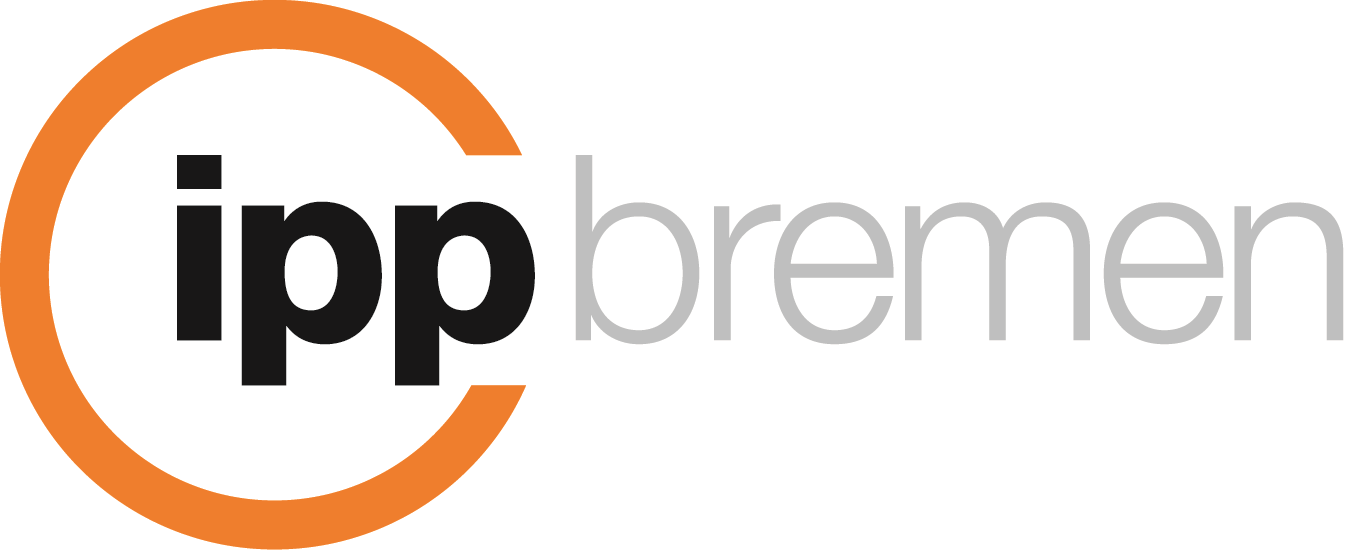Projektdetails
Understanding Perceptions of Leprosy-Related Stigma among Persons Affected by Leprosy and Healthcare Workers in Sindh, Pakistan
Sophie Stützle (Projektleitung)
Beschreibung
Background
With more than 200 000 new cases every year, the age-old disease leprosy continues to affect more than 120 countries to this day, most commonly low-and middle-income countries (LMICs) (WHO, 2023a). As a major contributor to preventable disability, leprosy is a chronic infectious disease caused by Mycobacterium leprae. An infection can lead to symptoms of the skin, peripheral nerves, the mucosa of the upper respiratory tract, and the eyes (cf. CDC, 2017; WHO, 2023b). Apart from physical symptoms, persons affected by leprosy experience discrimination and stigmatization, ultimately affecting their mental health and overall quality of life. Although leprosy is curable and great progress has been made in reducing the global burden of disease, the attached stigma has stuck to the disease from the middle-ages onwards (Chace, 2019). This presents a key barrier in trying to eliminate the age-old disease, making it a primary focus to be further investigated.
In terms of achieving the goal of reducing leprosy-related stigma, this research project will predominantly focus on Pakistan’s Province Sindh, which documents a high prevalence of stigma according to experts working in the field (WHO, 2023c). Pakistan can be classified as a low-endemic setting, with approximately 58 500 registered cases as of 2020, and 200-300 new cases every year, and is thus on a path towards complete eradication (WHO, 2023c). At the same time, studies have shown that stigma can be a deterrent from care-seeking especially in places with few cases of leprosy (Saraswat et al., 2018). To achieve eradication, one needs to understand people’s perceptions regarding leprosy-related stigma, as it plays a crucial factor in selecting the right case-detection and treatment approach (ter Ellen et al., 2022). Overall, the project is situated within current global leprosy research priorities of, for example, the German Leprosy-and Tuberculosis Relief Association (DAHW), the Sustainable Development Goals (SDGs) and the WHO Global Leprosy Strategy 2021-2030 „Towards Zero Leprosy.“ A number of key pillars of the WHO Global Leprosy Strategy and the DAHW are addressed through this research, specifically 1) combat stigma and ensure human rights are respected 2) promote and enable early detection of leprosy 3) include persons affected by leprosy in society. Research findings could contribute to better understanding on how stigma-related barriers to effective implementation of interventions can be addressed, in line with the SDG target 3.3 of ending the epidemics […] of neglected tropical diseases (WHO, 2021; WHO, 2023d; DAHW, 2022).
Objectives
The main objective of this research project is to investigate leprosy-related stigma in Pakistan by understanding causes of stigma, and perceptions of persons affected by leprosy, community- healthcare workers (HCWs) and medical doctors specializing in dermatology/ in residency. In specific, one will differentiate between three different objectives:
- To understand perceptions among persons-affected by leprosy and examine internalized leprosy-related stigma in Pakistan
- To understand perceptions among community-HCWs and dermatologists/in residency and examine external stigma
- To examine/analyze the relationship between leprosy-related stigma and delay of diagnosis
- To develop a prototype of stigma related intervention materials to complement existing interventions (if feasible based on collected data).
Methodology
In order to grasp the multifaceted scope of leprosy-related stigma in Pakistan, a qualitative approach will be applied. This includes semi-structured, individual, in-depth interviews in order to get a sense of different perspectives from multiple stakeholders (Morse & Field, 1995, p.11). Collected data may be integrated into existing detection and treatment approaches or help to develop new targeted contextualized stigma reduction interventions. The research methodology and design are rooted in the researcher’s background in Public Health and Global Health, aiming for a people-driven and culturally sensitive approach.
Weitere Informationen
References
Centers for Disease Control and Prevention (CDC). (2017). What is Hansen’s Disease? https://www.cdc.gov/leprosy/about/about.html.
Chase, J. (2019). Diagnostic Medievalism: The Case of Leprosy’s Stigma. Disability Studies Quarterly, 39(3). https://dsq-sds.org/index.php/dsq/article/view/6410/5409.
DAHW. (2022). Zero Leprosy in Pakistan: Wir sind auf dem richtigen Weg. https://www.dahw.de/unsere-arbeit/presseportal/pressemeldungen/meldung/auf-dem-weg-zu-zero-leprosy-in-pakistan-5202.html.
Morse, J. M., & Field, P.-A. (1995). Qualitative research methods for health professionals (2nd ed.). Sage Publications.
Saraswat, N., Agarwal, R., Chopra, A., Kumar, S., Dhillon, A. (2018). Assessment of Factors Responsible for Dropout to Multi Drug Therapy for Leprosy. Indian Journal of Leprosy, 91, 225-232.
ter Ellen, F., Tielens, K., Fenenga, C., Mieras, L., Schoenmakers, A., Arif, M.A., Veldhuijzen, N., Peters, R., Ignotti, E., Kasang, C., Quao, B., Steinmann, P., Banstola, N.L., Oraga, N., Budiawan, T. (2022). Implementation approaches for leprosy prevention with single-dose rifampicin: A support tool for decision making. PLoS Neglected Tropical Diseases, 16, 10. doi.org/10.1371/ journal.pntd.0010792.
World Health Organization (WHO). (2021). Towards zero leprosy. Global leprosy (Hansen’s Disease) strategy 2021-2030. https://www.who.int/publications/i/item/9789290228509
World Health Organization (WHO). (2023a). Leprosy-Number of new leprosy cases. Data by country. https://apps.who.int/gho/data/node.main.A1639.
World Health Organization (WHO). (2023b). Leprosy. https://www.who.int/news-room/fact-sheets/detail/leprosy.
World Health Organization (WHO). (2023c). Pakistan. Health Data overview for the Islamic Republic of Pakistan. https://data.who.int/countries/586.
World Health Organization (WHO). (2023d). SDG Target 3.3 Communicable diseases. https://www.who.int/data/gho/data/themes/topics/sdg-target-3_3-communicable-diseases.

